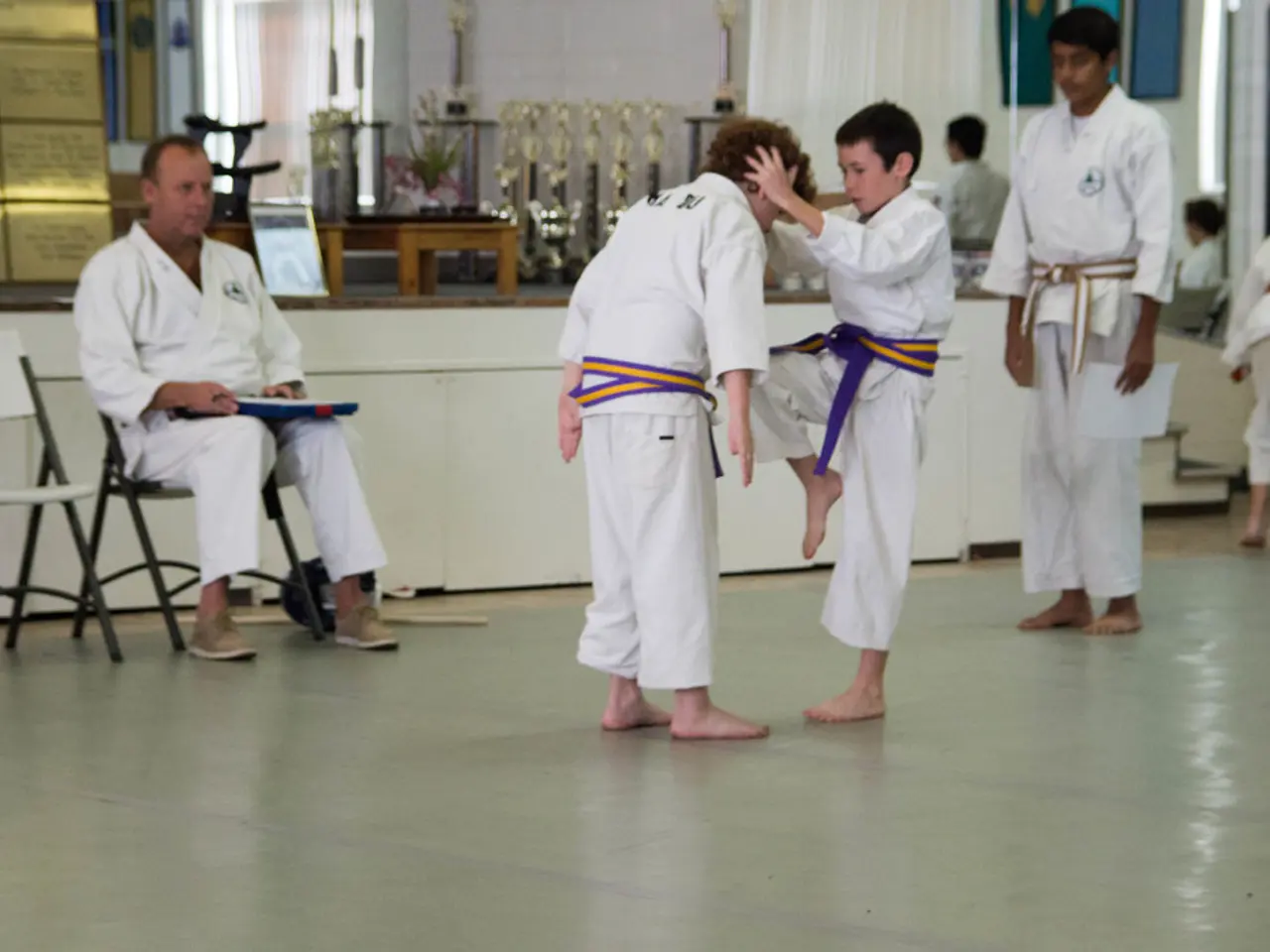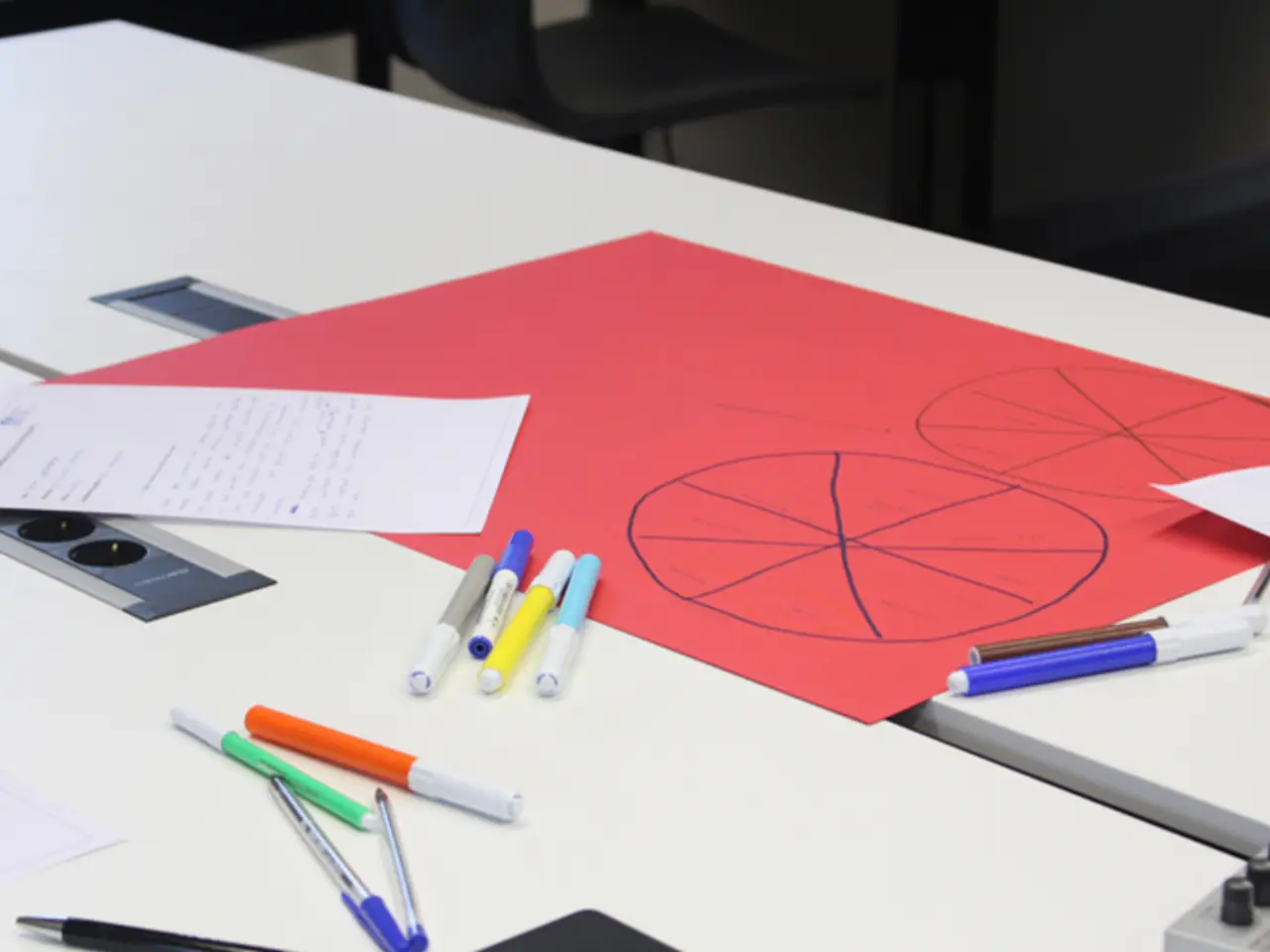Mental Agility: Definition, Purpose, and Training Strategies
In today's rapidly changing world, mental flexibility, or cognitive flexibility, has become a valuable asset for both personal and professional growth. This ability to switch between different mental frameworks, adapt to new information, and adjust to changing circumstances effectively can significantly improve one's quality of life.
Mental flexibility is closely linked to empathy and improves social interactions. It allows individuals to understand different viewpoints, making conversations with people who hold opposing opinions more productive and enlightening. By focusing on understanding different viewpoints instead of trying to "win" debates, we can foster a more open and collaborative environment.
A rigid mindset often views mistakes as failures, whereas a flexible mindset sees them as opportunities for improvement. Embracing this perspective can help us learn from our mistakes and grow, rather than being held back by fear of failure. People with mental rigidity may struggle with change, have difficulty seeing different perspectives, and find problem-solving more challenging.
Engaging in new experiences stimulates neural connections and expands thinking capacity. Deliberately placing ourselves in new or challenging situations, such as trying different routes to work or learning new skills, expands our comfort zone and boosts flexibility.
Practicing task switching can also improve your ability to adapt. This could involve switching between different tasks during the day, or even taking breaks to do something completely different, like reading a book or going for a walk.
Mental flexibility can be improved at any age through continuous learning and mental exercises. Mindfulness exercises and meditation, for example, help reduce stress and enhance the ability to stay present, which in turn improves mental flexibility.
Meditation can also improve emotional regulation and cognitive flexibility. By helping us stay present and accept change without resistance, meditation enhances our awareness and adaptability.
Improvisation exercises strengthen mental agility and creativity. Exposing yourself to unfamiliar experiences stimulates adaptability and flexible thinking. Games that require quick thinking and adaptability, such as strategy and logic games, also train mental flexibility.
Mental flexibility is essential in a constantly changing world. Rigid thinking can lead to frustration, stress, and ineffective problem-solving. Mental flexibility is closely related to resilience, the capacity to face adversity and adapt. Properly developed mental flexibility is a fundamental tool in coping with difficult times, such as a global pandemic.
In personal life, mental flexibility leads to better stress management and emotional balance, enhanced problem-solving and creativity, improved relationships through understanding, and greater resilience in face of change. In professional life, it increases the ability to manage challenges and setbacks, boosts productivity and sustained success, develops leadership and teamwork skills, and adds value to organizations by embracing change.
In conclusion, improving mental flexibility enables individuals to adapt quickly, solve problems effectively, and thrive in dynamic environments, which is crucial for personal growth and career advancement.
- Fostering empathy through mental flexibility improves social interactions, enabling individuals to understand different viewpoints and promote a more open and collaborative environment in discussions.
- Meditation, a mental exercise, can help reduce stress and enhance mental flexibility, improving one's capacity to stay present and adapt to change.
- Engaging in improvisation exercises and games that require quick thinking and adaptability can cultivate mental agility and creative flexibility, stimulating adaptability and flexible thinking.
- Developing mental flexibility is integral to coping with adversity, as it enhances resilience, problem-solving abilities, and creativity, contributing to personal growth and career advancement in dynamic environments.




